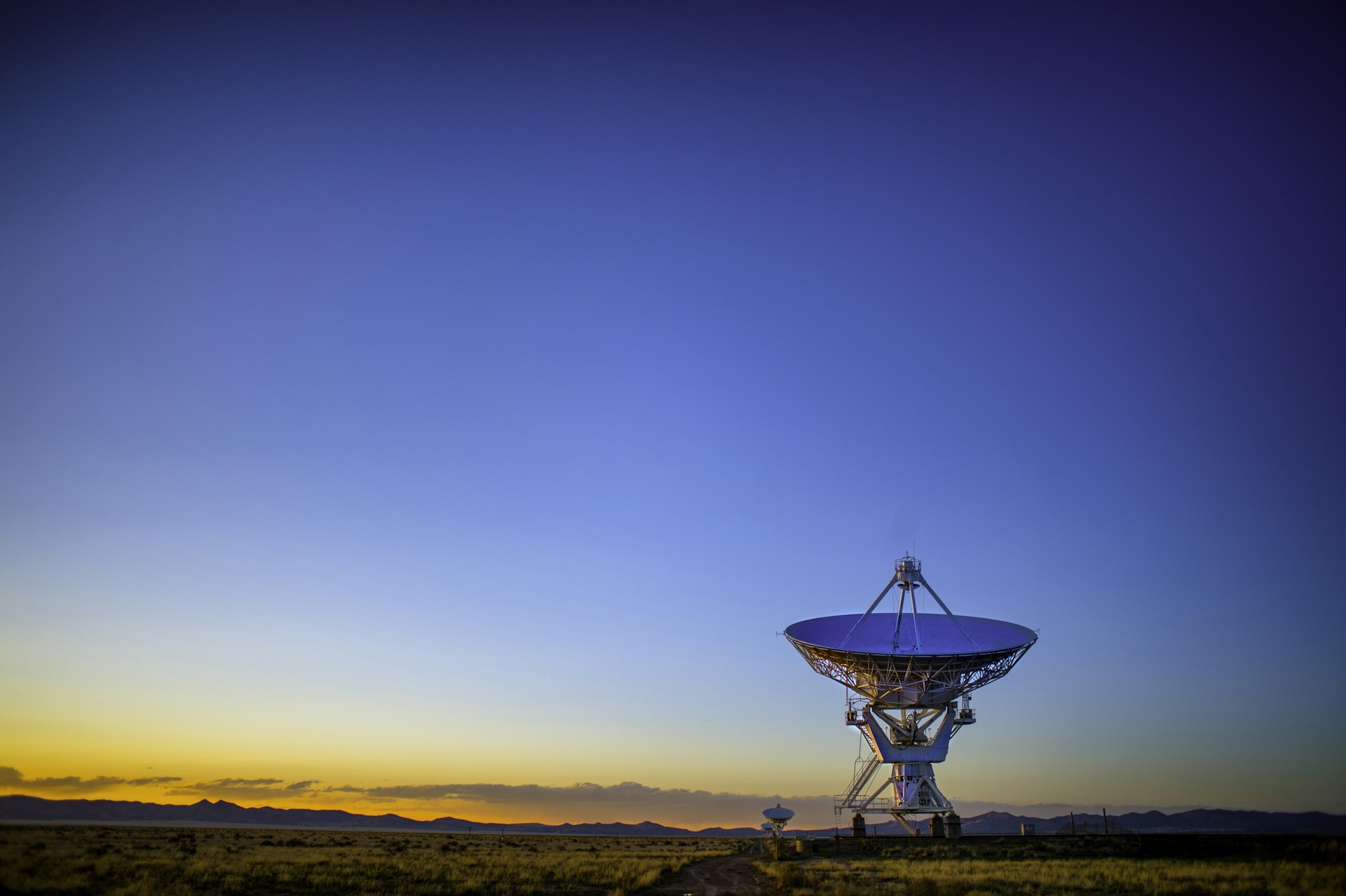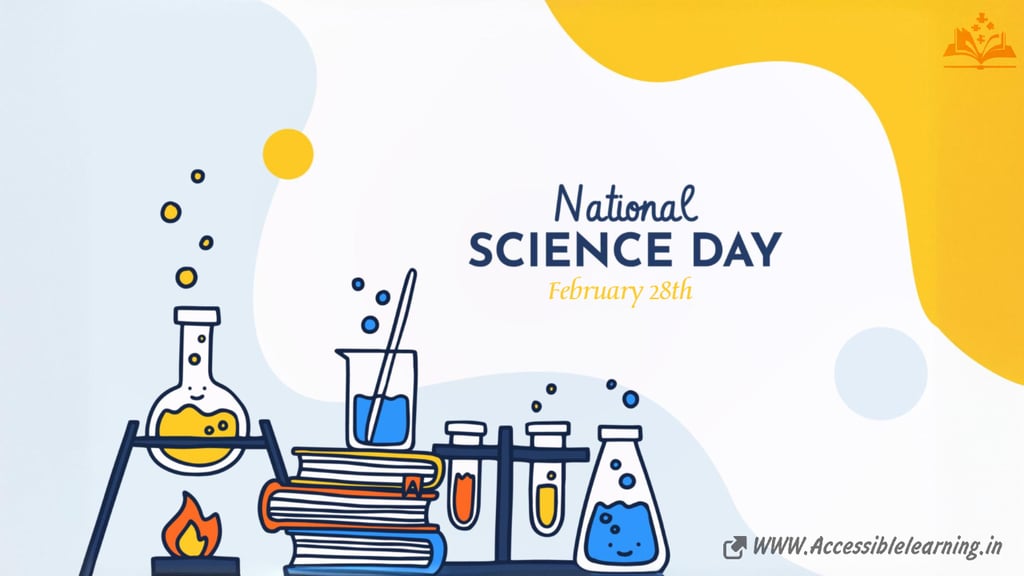
The Legacy of Dr. C.V. Raman: Celebrating National Science Day
The significance of National Science Day, celebrated on February 28th in honor of Dr. C.V. Raman's groundbreaking discovery, the Raman Effect. Learn about its history, objectives, themes, celebrations, and how it inspires scientific innovation in India and beyond.
EVENT/SPECIALSCIENCE/PHILOSOPHYGREAT SCIENTISTEDUCATION/KNOWLEDGE
Sachin K Chaurasiya
1/29/20254 min read


National Science Day is celebrated annually on February 28th in India to honor the unparalleled contributions of science to humanity and to inspire a culture of innovation and inquiry among the masses. This day not only commemorates India’s rich scientific heritage but also encourages young minds to engage in scientific endeavors that could shape a brighter future.
The Origin of National Science Day
The genesis of National Science Day lies in the remarkable achievement of Dr. C.V. Raman, an eminent Indian physicist who discovered the Raman Effect on February 28, 1928. This groundbreaking discovery, which explains the scattering of light and the change in its wavelength, earned him the Nobel Prize in Physics in 1930, making him the first Asian to win the prestigious award in any science field.
In 1986, the Indian government declared February 28th as National Science Day to celebrate Dr. Raman's legacy and promote the importance of science in everyday life. The day also serves as a reminder of how scientific breakthroughs can elevate a nation on the global stage.
Objectives of National Science Day
Spreading Scientific Awareness: Educating the public about the significance of science in addressing global challenges, from health crises to climate change.
Fostering Innovation: Encouraging students and professionals to explore scientific research and technological advancements.
Recognizing Contributions: Honoring the achievements of scientists and researchers who have significantly impacted society.
Inspiring Future Generations: Motivating the youth to pursue careers in science, technology, engineering, and mathematics (STEM).
Theme of National Science Day
Each year, National Science Day is celebrated with a unique theme, reflecting the pressing issues of the time and showcasing science’s role in addressing them. For instance:
2023 Theme: Global Science for Global Wellbeing, emphasizing collaborative efforts to leverage science for the common good.
2022 Theme: Integrated Approach in Science and Technology for a Sustainable Future, focusing on sustainable development through scientific solutions.
How National Science Day is Celebrated
The celebrations for National Science Day span various activities designed to engage different segments of society:
Educational Programs: Schools, colleges, and universities host science fairs, exhibitions, and quizzes to make learning science interactive and fun.
Lectures and Seminars: Renowned scientists and experts deliver talks on cutting-edge research and its societal applications.
Awards and Recognitions: Prestigious awards like the Shanti Swarup Bhatnagar Prize are presented to honor exceptional contributions in scientific research.
Public Engagement: Museums, research institutes, and organizations conduct workshops and interactive sessions to involve the general public in scientific discussions.
Prominent institutions like the Indian Institute of Science (IISc) and the Council of Scientific and Industrial Research (CSIR) play a pivotal role in these celebrations.
The Role of Women in Science
National Science Day is also an opportunity to highlight the invaluable contributions of women to the field of science. Pioneers like Dr. Janaki Ammal, Dr. Asima Chatterjee, and Dr. Tessy Thomas have broken barriers and inspired generations. Recent initiatives focus on bridging the gender gap in STEM by providing scholarships, mentorship, and platforms for women scientists.
The Broader Impact of National Science Day
Beyond its celebratory nature, National Science Day serves as a platform to address global and national challenges. From discussing climate action and renewable energy to advancing medical research and technology, the day emphasizes science’s potential to drive progress.
Moreover, it encourages policymakers and stakeholders to invest in research and innovation. The event highlights the need for increased public funding for scientific projects, fostering a culture of discovery and problem-solving.


Inspiring the Next Generation
National Science Day holds a special place in nurturing curiosity and creativity among students. Initiatives like Vigyan Prasar and INSPIRE (Innovation in Science Pursuit for Inspired Research) provide resources and opportunities for young minds to delve into the world of science.
Educators and parents also play a crucial role in fostering a love for science through hands-on activities, storytelling, and showcasing real-world applications of scientific principles.
Contributions of Indian Science to the World
India’s contributions to global science and technology are immense, from the invention of zero by Aryabhata to groundbreaking space missions like Chandrayaan-3 and Mangalyaan. Indian scientists have also made significant advances in fields such as biotechnology, nanotechnology, and renewable energy.
Institutions like ISRO (Indian Space Research Organisation), DRDO (Defence Research and Development Organisation), and IITs (Indian Institutes of Technology) continue to push the boundaries of innovation, showcasing India's scientific prowess on the global stage.
National Science Day: Encouraging Scientific Citizenship
In recent years, the celebration of National Science Day has taken a step further by promoting scientific citizenship—the idea that every individual has a role in advancing and applying science for societal benefit. This involves public participation in science policymaking, citizen science projects, and advocating for evidence-based decisions.
Efforts are being made to include marginalized communities in scientific initiatives, ensuring that the benefits of scientific progress reach all sections of society. From addressing local issues like water scarcity to finding global solutions for climate change, the inclusive approach strengthens the overall impact of science.
The International Perspective
While National Science Day is specific to India, its underlying message resonates globally. Countries worldwide celebrate similar events, such as the International Day of Women and Girls in Science or the World Science Day for Peace and Development. These observances highlight the universal importance of science in building a sustainable and equitable future.
National Science Day is not just a celebration but a clarion call to recognize and embrace the transformative power of science. As India continues to make strides in space exploration, biotechnology, artificial intelligence, and renewable energy, this day reminds us of our collective responsibility to nurture scientific temper.
By honoring the past, embracing the present, and envisioning the future, National Science Day inspires every citizen to contribute to the pursuit of knowledge and innovation. In doing so, it solidifies the foundation for a scientifically enlightened and empowered society.
Subscribe To Our Newsletter
All © Copyright reserved by Accessible-Learning Hub
| Terms & Conditions
Knowledge is power. Learn with Us. 📚


